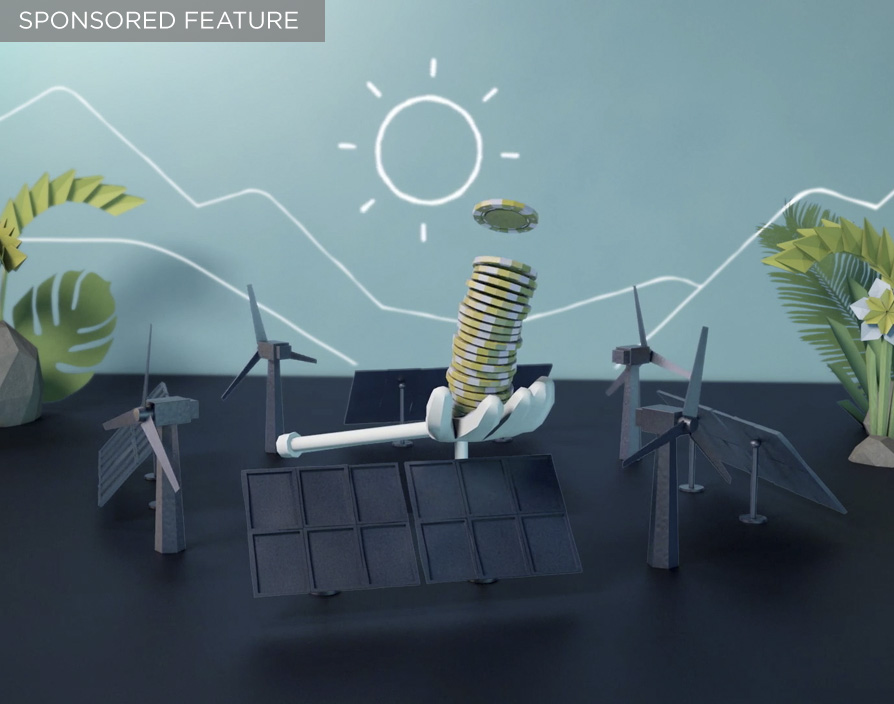Business owners’ ever-narrowing focus on bottom line costs has recently been sharpened with electricity’s wholesale price continuing to rise. The third party costs (TPCs), comprising industry charges and government levies to support its energy policies, have also followed a similar trajectory. However, through adversity comes opportunity.
With electricity prices rising, you may not have considered you could actually make money from it. But using renewable electricity is a win-win for businesses by providing a regular source of income and cost reductions, as well as a great reputation.
Essentially, you have two options to consider:
(1) Produce your own electricity
Solar panels and other renewable technologies not only help you generate power but also positive PR. After all, renewable energy is greener than conventional sources and as such boosts your sustainability credentials. Moreover, promoting your use of renewable electricity gains good media coverage and differentiates your business in the minds of customers wanting to make eco-conscious choices.
Also, if you generate more than you consume you can save it with an energy storage device for use when you need it. Or, alternatively, you have the option to sell it to the National Grid. When home-brewing renewable power it’s wise to enter a power purchase agreement (PPA). This is a fixed-cost buying arrangement between a generator – i.e. your business – supplier and business customer. A PPA can help you plan your income during the lifetime of the agreement by limiting your organisation’s exposure to large wholesale price hikes and rising TPCs. At the same time, it increases your revenues and offsets your import costs – the charge to get power from the grid.
Self-generation has the added benefit of reducing your reliance on the grid and therefore lowers risk of being without power when it faces supply issues. What’s more, as a producer of renewable electricity you can join the government’s Feed-In Tariff scheme and earn money for what you sell to National Grid. Although be warned: this initiative is due to end in March 2019 and it’s still unclear as to whether it will be replaced by a similar programme.
(2) Invest in battery storage
Commercial batteries are a great asset when the weather limits opportunities for solar panels or wind turbines to generate electricity. After all, in the workplace the urgency of balancing the system might coincide with periods of unusually bad weather, winter demand peaks or even daily routines, such as the UK’s production lines switching on in the morning. Whenever such pressure points occur your business can save cash by using its stored energy rather than taking it from the grid – which will be charging a premium.
Better still, your business can receive payments for helping out when the grid’s under pressure though various demand side management schemes. These reward your company if you agree to manage your energy consumption at certain times – either by switching to battery-stored or self-generated electricity. Not only does this help the National Grid keep things in balance but it sees you generate another source of income.
With society increasingly adopting an eco-conscious outlook, there’s no better time to not only do your part for the planet but make money in the process. ![]()
Share via:


















































